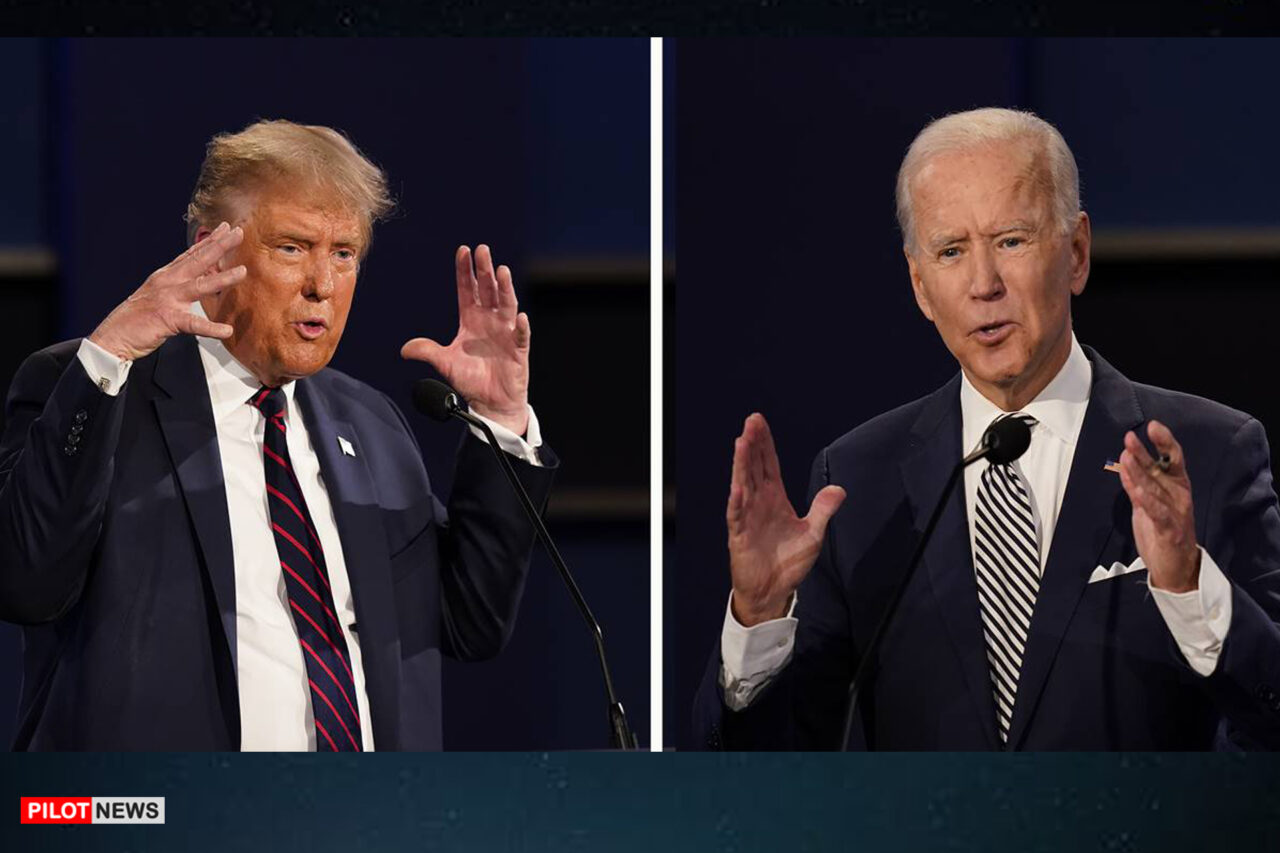Mainstream U.S. media is characterizing the September 29 debate between President Donald Trump and former Vice President Joe Biden as a disaster. The moderator was never able to establish control. President Trump, especially, constantly interrupted former Vice President Biden. Rather than a discussion about policy and ideas, the debate was a rant or a temper tantrum. In Africa, the debate will hardly burnish the image of democracy or the United States. However, the October 2 news that President Trump and the First Lady have tested positive for the coronavirus is likely to overshadow the debate in Africa as elsewhere.
This debate was focused on U.S. domestic issues. Therefore, there is no surprise that there was – literally – no reference to Africa. A subsequent debate would address U.S. foreign policy, and it is devoutly to be hoped that the candidates would at least acknowledge the continent’s growing importance. However, with the President’s diagnosis, it is by no means certain that there will be any more presidential debates. The debate between Vice President Pence and challenger Kamala Harris is almost certain to go ahead next week, but its focus is likely to be purely domestic.
Though it varies from country to country, probably most Africans have access to the internet. (In any given month at least 80 percent of Nigerians, who number some 205 million, access the internet.) Africans, like others around the world, follow U.S. presidential elections closely. It must be anticipated that many, perhaps most, of Africa’s leadership watched the presidential debate, along with a large number of other Africans. Over the next day or two, the news of the President’s diagnosis will be universally known in Africa.
Many Africans acknowledge that in their country democracy is weak, the government is unresponsive and too often has been captured by self-serving elites. (With more than fifty states in Africa, there are, of course, exceptions to poor governance: Botswana, Namibia, Senegal, and South Africa immediately come to mind; there are others.) For much of the period since 1960 when most African states became independent, the United States has been a beacon of hope for democrats. But, the American image has been eroding, not least because of American police violence, the response to “Black Lives Matter” demonstrations, white supremacist rhetoric, and in some places new American immigration policies. The poor U.S. response to COVID-19 in comparison with other countries has also undermined the American brand. For Africans, the President’s diagnosis is likely to highlight the shortcomings of the American response to the virus.
____
John Campbell is the Ralph Bunche senior fellow for Africa policy studies at the Council on Foreign Relations in Washington, DC. He was a former U.S. ambassador to Nigeria. He writes the blog Africa in Transition. This article first appeared in CFR.
- Anambra police nabs 16 cultists, declares 21 wanted - April 27, 2024
- Anambra 2025 Governorship Election Might Be an Open Contest - April 24, 2024
- Anambra Assembly Passes Bill To Prohibit Secret Cults - April 24, 2024


